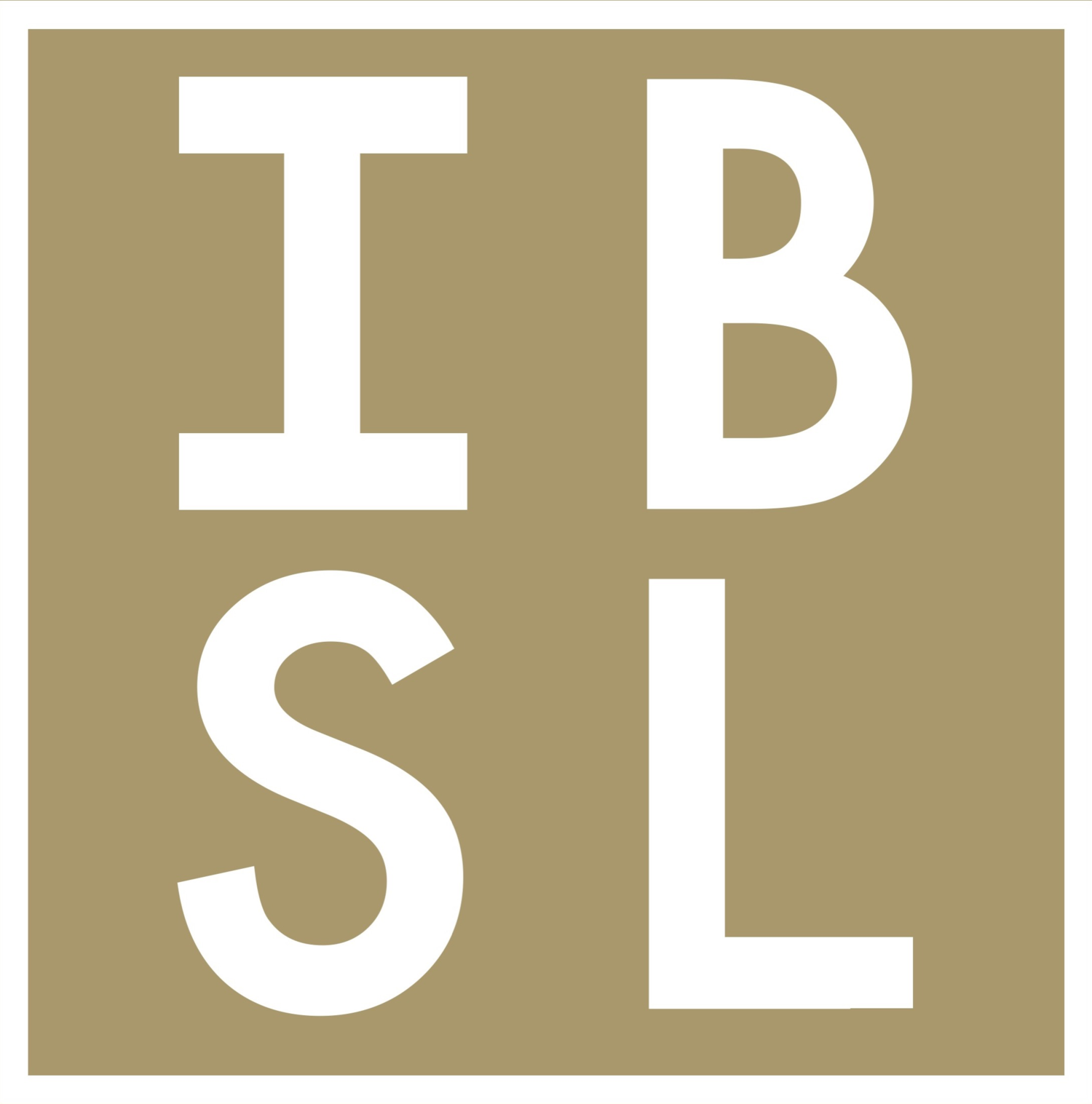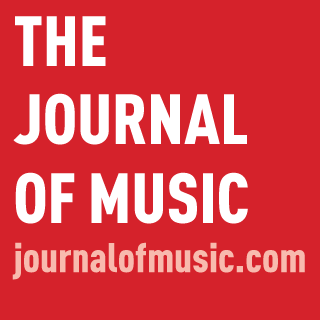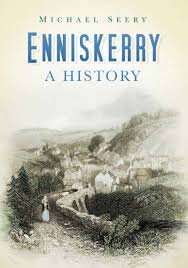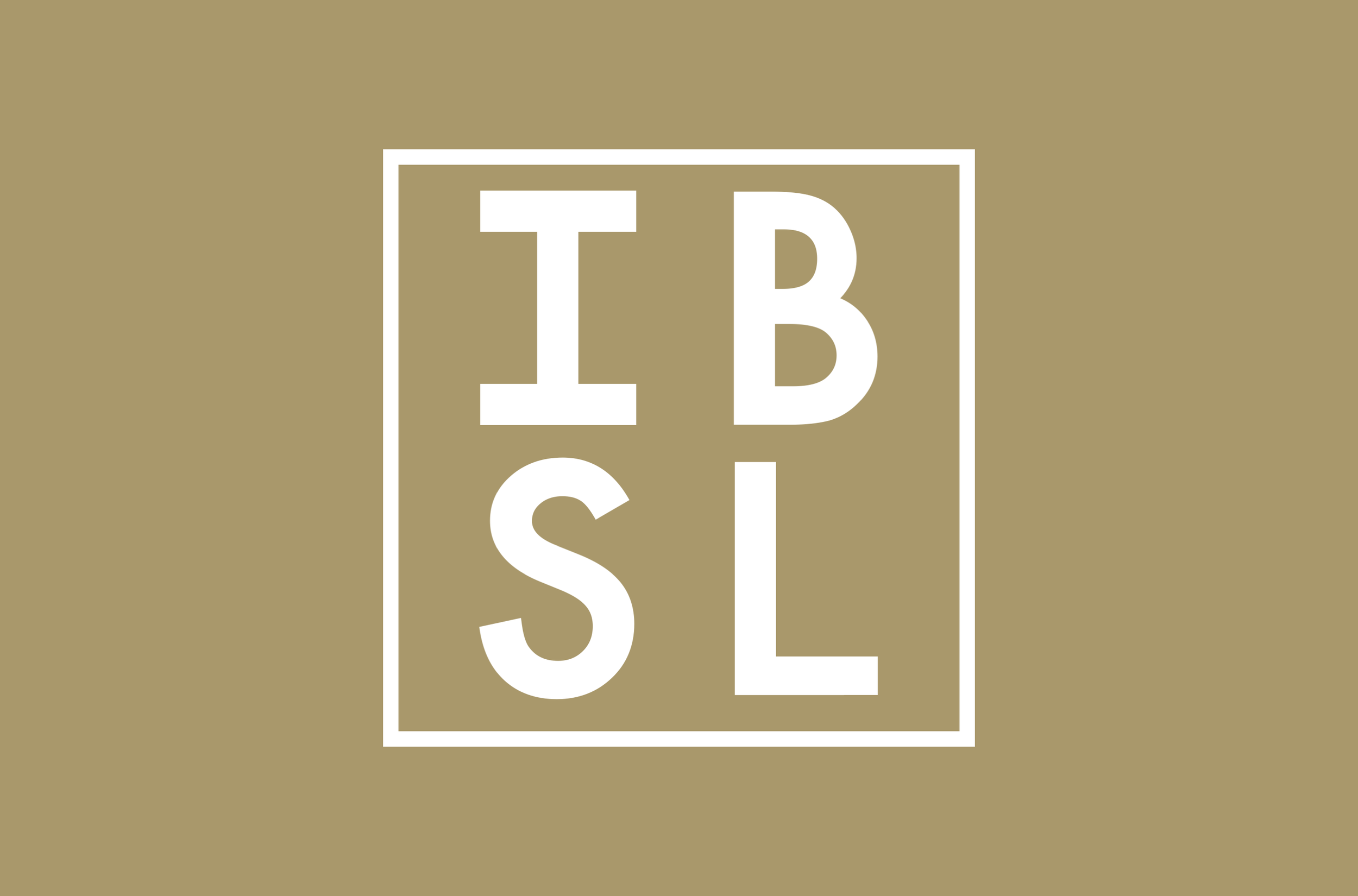“My mother Elizabeth Maconchy was a close friend of Ina Boyle, a friendship that lasted fifty years. She wrote of her ‘Few people meeting Ina Boyle for the first time can have had any notion of what a unique and interesting person she was. Under her shy retiring manner lay a strong and independent character and an original creative mind.’ I too was lucky to know Ina Boyle, and to recognise in her the special quality which my mother described as ‘visionary’. It is a happy thing that at last Ina Boyle’s music is being rediscovered and performed.”
INA BOYLE was a prolific composer of vocal, choral, chamber and orchestral music, but her works are rarely performed today and few were published. She lived all her life in the family home, Bushey Park, Enniskerry, in the shadow of the great Sugarloaf. Her first music lessons were with her father, Rev. William Foster Boyle, who was curate at St. Patrick’s Church, Powerscourt. With her younger sister, Phyllis, she was taught the violin and cello by their governess, and she started to compose at an early age.
She studied composition with several private teachers in Dublin and entered works for competitions, while she was carer for her parents and sister and looked after the family home and estate. She had her greatest success with her orchestral rhapsody, The Magic Harp, which was selected for publication in 1920 by the prestigious Carnegie United Kingdom Trust. She was the only women composer to be honoured by the scheme.
From 1923 she crossed the Irish Sea by steamship for lessons with Ralph Vaughan Williams, who thought highly of her music and encouraged her to have it performed. Unfortunately the outbreak of the Second World War ended her travels and cut her off from musical opportunities in London. She continued to compose throughout her life and never ceased to promote her music by sending scores to conductors and choir directors. Her friend Elizabeth Maconchy noted that as a result of her isolation she made few musical contacts and her music remained little known and almost unperformed.
There is currently a revival of interest in Boyle’s life and music. Her manuscripts, which are preserved in Trinity College Dublin Manuscripts Library, include vocal, choral and orchestral music. Some of these works (including The Magic Harp and the Glencree Symphony) can be accessed online at Digital Collections TCD.
- Dr Ita Beausang
read more about ina boyle
Find more articles from Trinity College Dublin, the Conservatory of Music & Drama (TU Dublin), Dublin City University on our Research Page.


![9781782052647[9980].jpg](https://images.squarespace-cdn.com/content/v1/53fb529fe4b0d182e1ba6774/1594474085051-G2EXANKEN29POC27E4CW/9781782052647%5B9980%5D.jpg)





